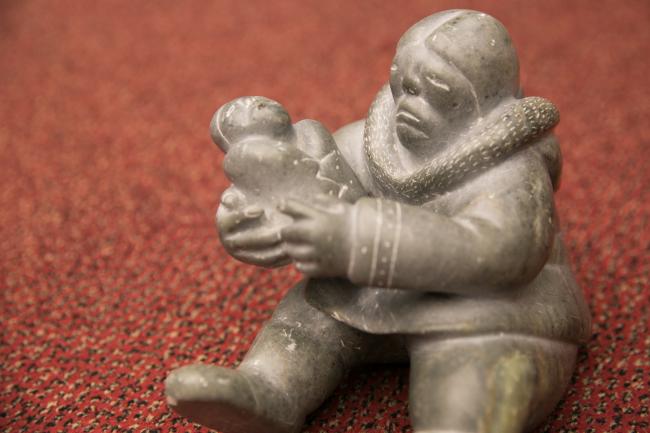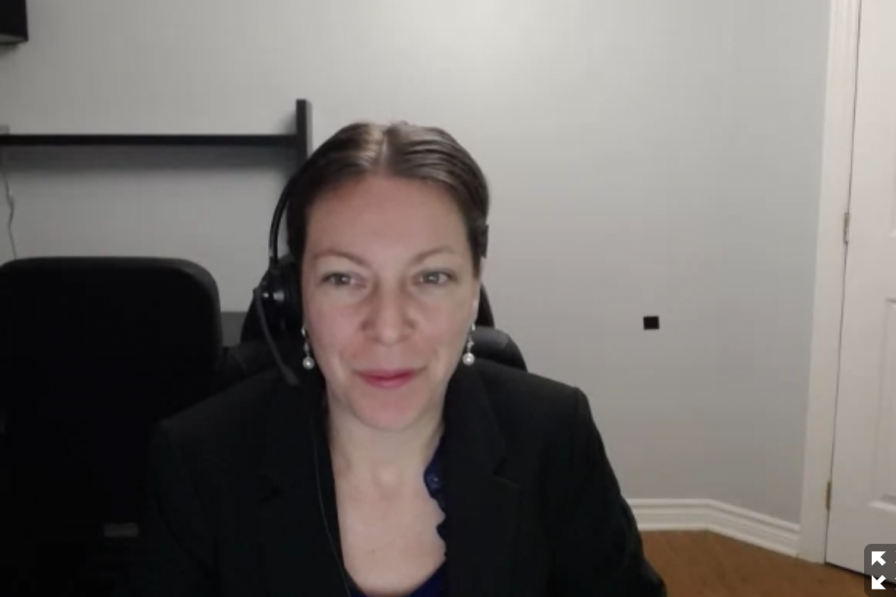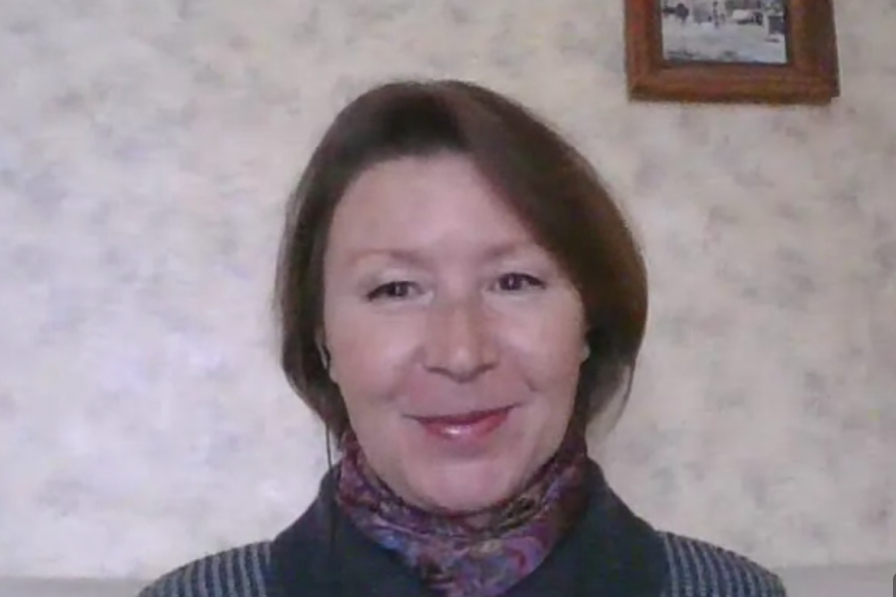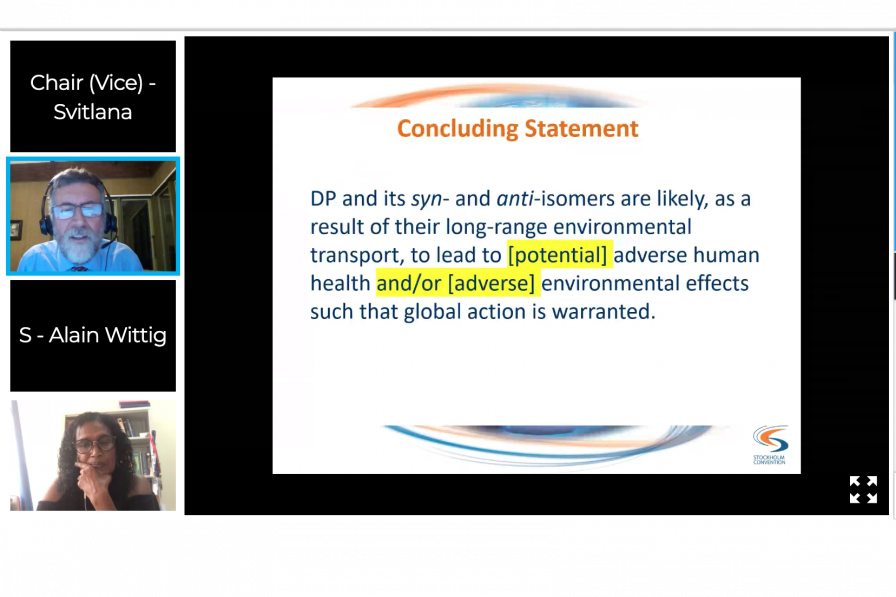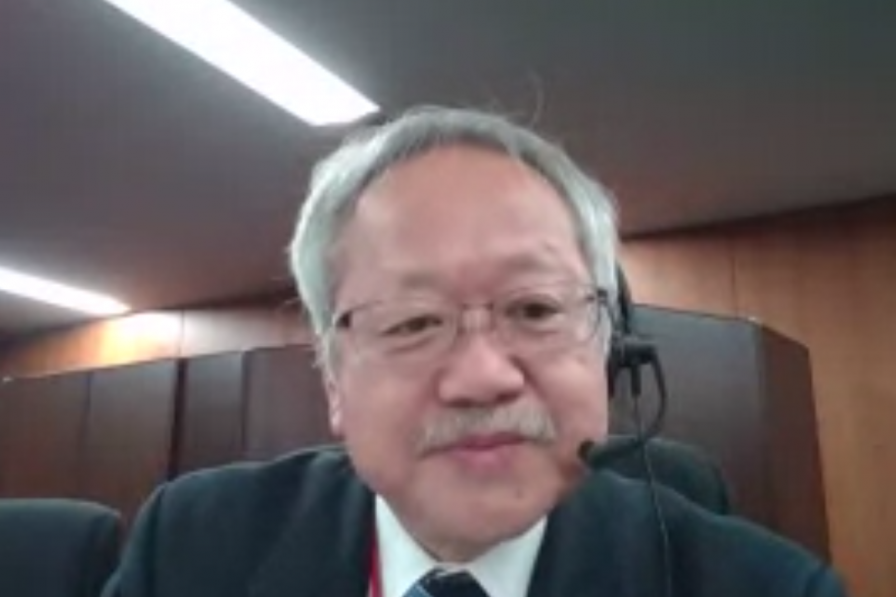Despite internet connection difficulties that caused slight delays and made it difficult to hear some participants, the Persistent Organic Pollutants (POPs) Review Committee forged ahead with its ambitious agenda. Participants focused on the draft risk profile for Dechlorane Plus, evaluating evidence of the POPs characteristics of persistence, bioaccumulation, potential to cause adverse effects on human health and/or the environment, and long-range environmental transport.
Victorine Pinas, Suriname, Chair of the Intersessional Working Group tasked with preparing a draft risk profile on this flame retardant, presented an updated document that incorporated comments received during the Committee’s December 2020 pre-meetings. Deliberations in both plenary and a subsequent contact group focused on the strength and reliability of available evidence regarding adverse effects of Dechlorane Plus on humans. By the conclusion of the contact group, delegates had completed a paragraph-by-paragraph review of the core of the document, during which both Committee members and observers made numerous suggestions intended to help clarify this highly technical text.
The Committee also concluded its discussion on the review of information related to specific exemptions for the continued production and/or use of short-chain chlorinated paraffins (SCCPs). Members agreed that Cynthia Bainbridge, Canada, would coordinate revision of the draft report for future discussion by the Committee. Similarly, the Committee entrusted Magdalena Frydrych, Poland, with coordinating revisions of the draft report on the review of information on decabromodiphenyl ether (decaBDE).
Interim Chair Peter Dawson, New Zealand, explained that on Thursday the Committee would turn to:
- the evaluation and review of parties’ progress in eliminating brominated diphenyl ethers (BDEs) in articles;
- consideration of an indicative list of substances covered by the listing of the industrial chemical perfluorooctanoic acid (PFOA), its salts, and PFOA-related compounds; and,
- activities to support effective participation in the work of the Committee.
The Committee is also expected to resume its work on the proposal to list UV-328, a plasticizer, in Annex A of the Convention.
